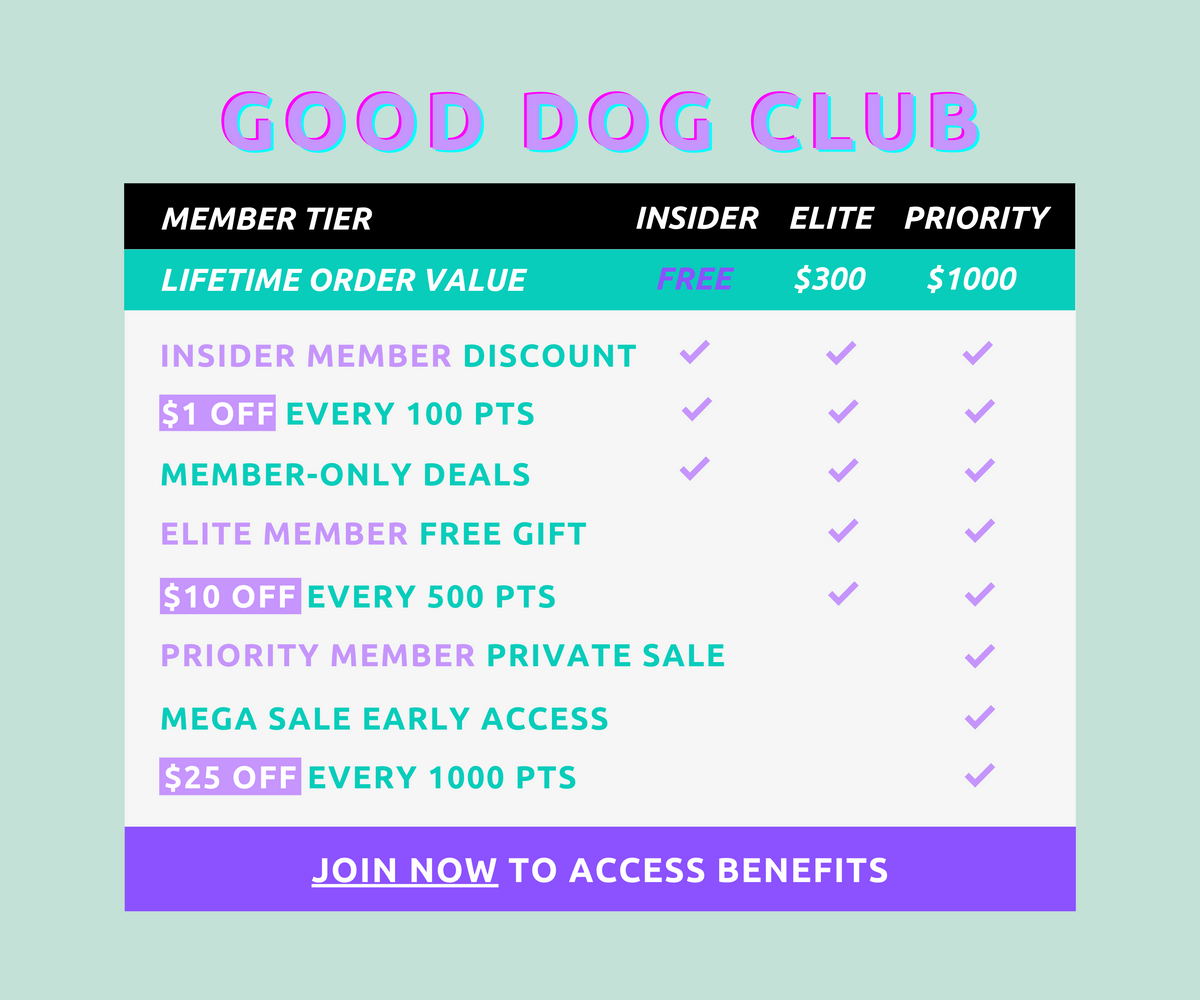$ 59.00
MORE TO SHIP FREE 🚚NICE. SHIPPING IS FREE 🎉
$ 120.00
MORE TO REDEEM GIFT 🎁YAY. REDEEM A FREE GIFT 🥳
YOUR CART IS EMPTY. SHOP NOW.
$ 59.00
MORE TO SHIP FREE 🚚$ 120.00
MORE TO REDEEM GIFT 🎁YOUR CART IS EMPTY. SHOP NOW.
$ 59.00
MORE TO SHIP FREE 🚚$ 120.00
MORE TO REDEEM GIFT 🎁YOUR CART IS EMPTY. SHOP NOW.

✌️ Get 1ST $10 OFF >$99
One-time use per household for orders above $99. Use code: 10FORGOOD during checkout. View T&C
🎉 REDEEM FREE GIFT >$120
One-time use per month for orders above $120. Redeem during checkout. View T&C
💵 REDEEM UP TO $25
Earn points to redeem $1, $5, $10 & $25 vouchers. Redeem Now
✨ EXPERIENCE OUR BRANDS

✌️ Get 1ST $10 OFF >$99
One-time use per household for orders above $99. Use code: 10FORGOOD during checkout. View T&C
🎉 REDEEM FREE GIFT >$120
One-time use per month for orders above $120. Redeem during checkout. View T&C
💵 REDEEM UP TO $25
Earn points to redeem $1, $5, $10 & $25 vouchers. Redeem Now
✨ EXPERIENCE OUR BRANDS

$ 59.00
MORE TO SHIP FREE 🚚$ 120.00
MORE TO REDEEM GIFT 🎁YOUR CART IS EMPTY. SHOP NOW.

✌️ Get 1ST $10 OFF >$99
One-time use per household for orders above $99. Use code: 10FORGOOD during checkout. View T&C
🎉 REDEEM FREE GIFT >$120
One-time use per month for orders above $120. Redeem during checkout. View T&C
💵 REDEEM UP TO $25
Earn points to redeem $1, $5, $10 & $25 vouchers. Redeem Now
✨ EXPERIENCE OUR BRANDS


















































































Through thick and thin, our adorable fur babies are lifelong friends and companions! But as they reach their sunset years, you may notice them greying around their muzzle or having less energy than before.
Of course, in our eyes, it’s hard to see our dogs as anything other than the young and spunky little puppies they were! Nevertheless, there’s a lot to consider when it comes to caring for a senior pup.
Although large dogs tend to enter their senior years earlier than their smaller counterparts, most elderly pups experience similar changes. The most common of them being a reduction in their activity level.
Many senior dogs experience some level of joint problems that can be somewhat alleviated using Joint Supplements like NaturVet Glucosamine DS Plus (Level 2) Moderate Care Soft Chew Cat & Dog Supplement. But it’s also important to assess how their activity level should affect things like their general diet.
In these cases, it’s sometimes important to transition to more suitable senior dog food diets that are made specifically for elderly dogs. For instance, despite their reduced activity levels, their appetite may remain somewhat similar, resulting in them gaining weight more easily. A leaner diet may be more suitable for them, in that case.
Other changes your senior dog might need in their diet:
Some of the best dog food for senior dogs in the market can be found right here at GoodDogPeople. Take a look at our features Senior dog supplies here.
Another thing to note is that our pups’ needs will change. As they grow older, they tend to be more sensitive to changes in the temperature - especially when it’s getting cold. This makes a nice and comfortable bed an essential for elderly dogs.
They’ll also need more grooming sessions as their coat and skin change with time. So stock up on your grooming tool kit!
You can find out more about suitable senior dog supplies you might need and how you can care for your Senior Pup here!
Older dogs may actually need more protein than their younger counterparts to maintain their muscles. With or without exercise, older dogs are more likely to lose their muscle mass - and therefore their protein reserves.
This could adversely impact their immune system and their body’s ability to respond to physical trauma, stress or infectious agents. Plus a loss of protein reserves also means a loss of vital amino acids that help repair tissue and facilitate energy metabolism.
As a rule of thumb, senior diets should have an increased protein-to-calorie ratio, with at least 25 percent of calories coming from protein.
Because older pups tend to have lower activity levels, they also require less calories. For many pups, this means they’ll get weight more easily if they’re not put on a more suitable diet. There are also many other different needs that senior food can address, such as the level of protein and the type of supplemental vitamins and nutrients your pup may need.
Of course, general speaking, it’s not always necessary. As long as your dog is consuming a healthy, high quality and well-balanced diet, there may not always be a need to switch to senior dog food. Just ensure that your pup’s diet contains a higher concentration of meat-based proteins, with moderate calories.
Specially formulated diets like Wellness Core Grain Free Senior Dry Dog Food is a convenient way to ensure your pup is getting the right amount of nutrients they need.
In general, you should try and consult the recommended feeding amount on the label of your dog food. If they do not have a section for elderly dogs, take their recommended adult diet and reduce it.
As a rule of thumb, adult dogs are fed approximately ⅓ cup for every 10 pounds. You can try reducing this to ¼ cups for your senior pup. Regardless, make sure to monitor your pup’s weight closely to ensure they are consuming enough food!
